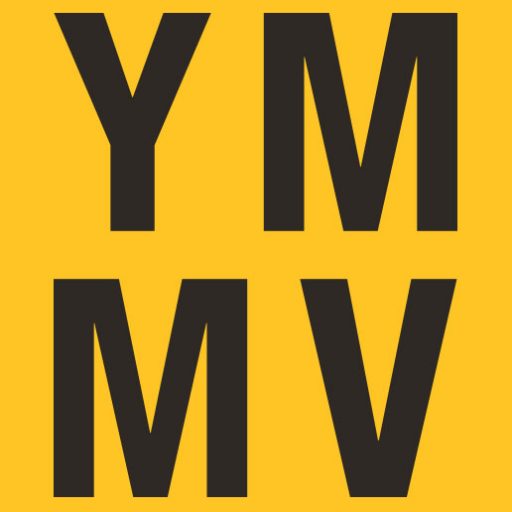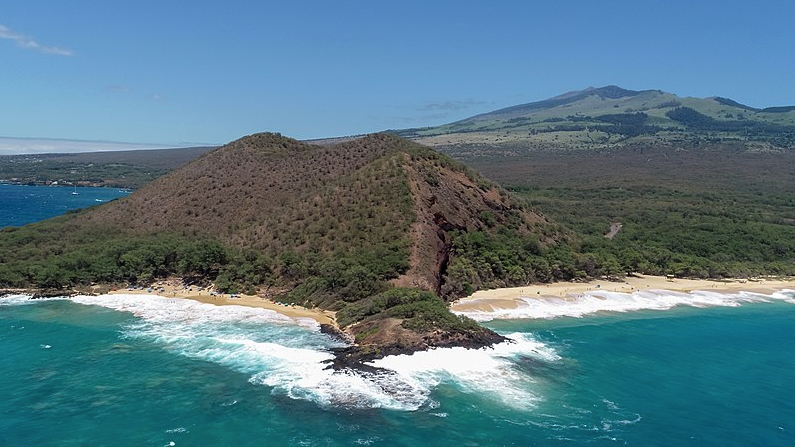One of the best questions you can ever ask hotel staff was invented by my father-in-law. In fact, we discovered the best restaurants we ever visited in the American Southwest, thanks to asking that question of our tour guide (which was then reinforced by the hotel concierge).
But really, we’ve all done something similar to that “best question.” Say you’re traveling and are in a town you don’t know very well. You’re trying to get a recommendation for whatever it is – a restaurant, a show, something to do. You ask the people who know the area well – the hotel staff.
In August 2012, Vaughn Stephens and his family were vacationing in Maui, at the Fairmont Kea Lani Resort, and did just that. He asked a hotel employee at the resort for advice on a “good beach to go as a family.” The worker suggested Big Beach (a.k.a. Makena Beach) and gave him directions on how to get there.
Had Stephens Googled a little, he would have known that Big Beach is well known for its dangerous waves and strong shore breaks. As it turned out, the surf conditions that day in August 2012 were particularly bad. Lifeguards posted numerous written warnings and repeatedly urged people, over the public address system, to stay out of the surf.
Stephens claimed he never saw or heard any of the warnings. He and his family drove to state-owned Makena State Park, parked in a lot near Big Beach, and situated themselves near a lifeguard tower.
According to court documents, the walkway connecting the northernmost parking area with Big Beach contained a permanent “Dangerous Shorebreak” sign that stated “WARNING” in bold font above a pictogram of a person upside-down after being tossed by a wave. Under the pictogram, it says, “Waves break in shallow water[.] Serious injuries could occur, even in small surf[.] IF IN DOUBT, DON’T GO OUT.”
Stephens’ family went in the water before him. He then waded into the water, bobbed the waves for a little while, and then began a half-walk, half-breast stroke back to shore. That’s when a breaking wave drove him to the bottom. The force of the water broke his neck and left him permanently paralyzed.
He sued the Fairmont, along with several John Does and non-profit agencies, for negligently recommending the beach.
From FOX2Now:
Court documents said the visitor filed a second amended complaint alleging he suffered a paralyzing injury because the hotel employee negligently recommended that beach without providing any warnings of ocean hazards. The hotel asserted that it had no duty to warn him of the shorebreak because the beach was located miles away and was not affiliated with or under the control of the hotel. The hotel also said there were warning signs at the beach, and thus warned the visitor of the danger he could face.
Stephens argued innkeepers had an “enhanced duty” to warn guests about foreseeable dangers wherever they are and even if it didn’t have that duty, the hotel, through the actions of the unidentified employee, negligently recommended the beach to him.
The court ruled for Fairmont.
The Circuit Court concluded in 2017 that the hotel, “had no general duty to warn its guests of dangers well beyond” the hotel’s properties and rejected the visitor’s argument that the hotel assumed a duty to warn by recommending the beach since the employee, “made no representations or guarantees concerning safety.”
The Circuit Court also said that even if the hotel had a duty to warn or assumed a duty to warn, “there can be no liability as a matter of law” because warnings were posted at Big Beach on the day in question, and those warnings complied with Hawaii’s law HRS § 663-1.56.
Stephens appealed. He supplied unverified personal opinions of Fairmont employees about Big Beach and its shore break, but the court ruled that they were inadmissible evidence. The court also rejected a comparison to a Ninth Circuit opinion allowing a hotel to be sued for failing to adequately warn about conditions at the beach abutting its property, saying that wasn’t applicable to a beach miles away from the Fairmont.
From Legal Newsline:
The appeals court also rejected an argument the Fairmont fell afoul of the good Samaritan doctrine, under which someone who offers advice to protect another person can be liable if that advice leads to an injury. “An unidentified employee’s response to Stephens’s inquiry about a good beach does not constitute an undertaking to render a protective service,” the court said.
In the end, Hawaii’s Intermediate Court of Appeals called it an “illogical leap” to expose Fairmont to liability for accidents occurring far from its premises. In 2022, they upheld the dismissal of the case.
Feature Photo (cropped): dronepic / flickr / CC-by-2.0
Want to comment on this post? Great! Read this first to help ensure it gets approved.
Want to sponsor a post, write something for Your Mileage May Vary, or put ads on our site? Click here for more info.
Like this post? Please share it! We have plenty more just like it and would love it if you decided to hang around and sign up to get emailed notifications of when we post.
Whether you’ve read our articles before or this is the first time you’re stopping by, we’re really glad you’re here and hope you come back to visit again!
This post first appeared on Your Mileage May Vary
Join our mailing list to receive the latest news and updates from our team.

